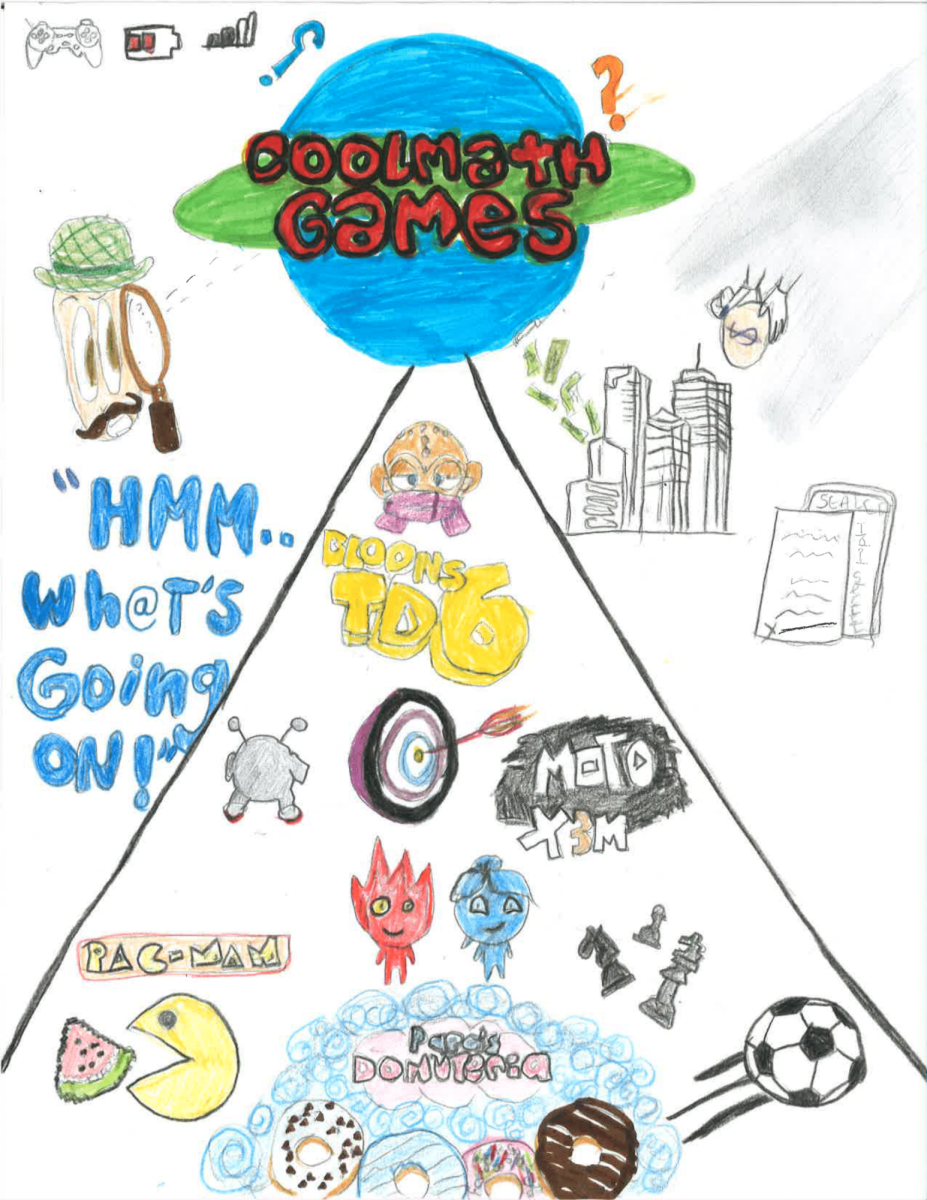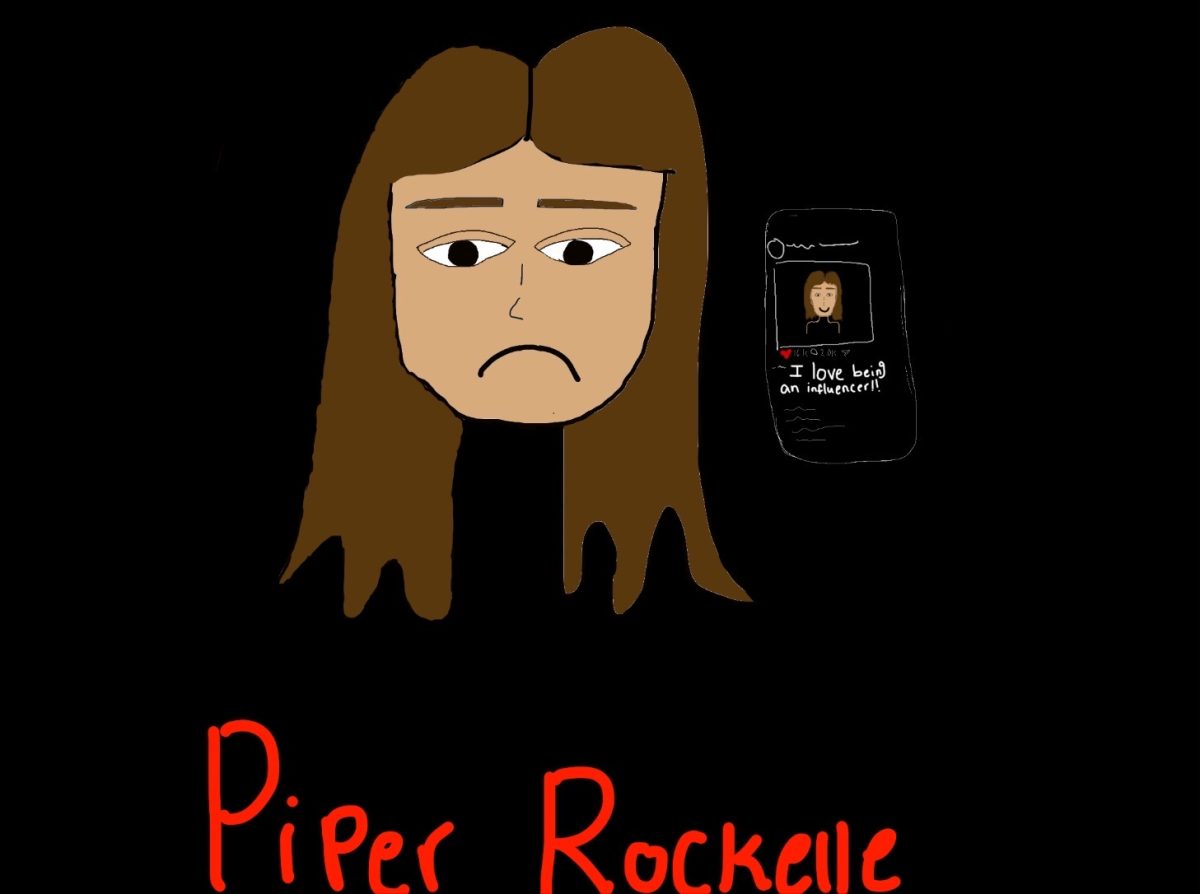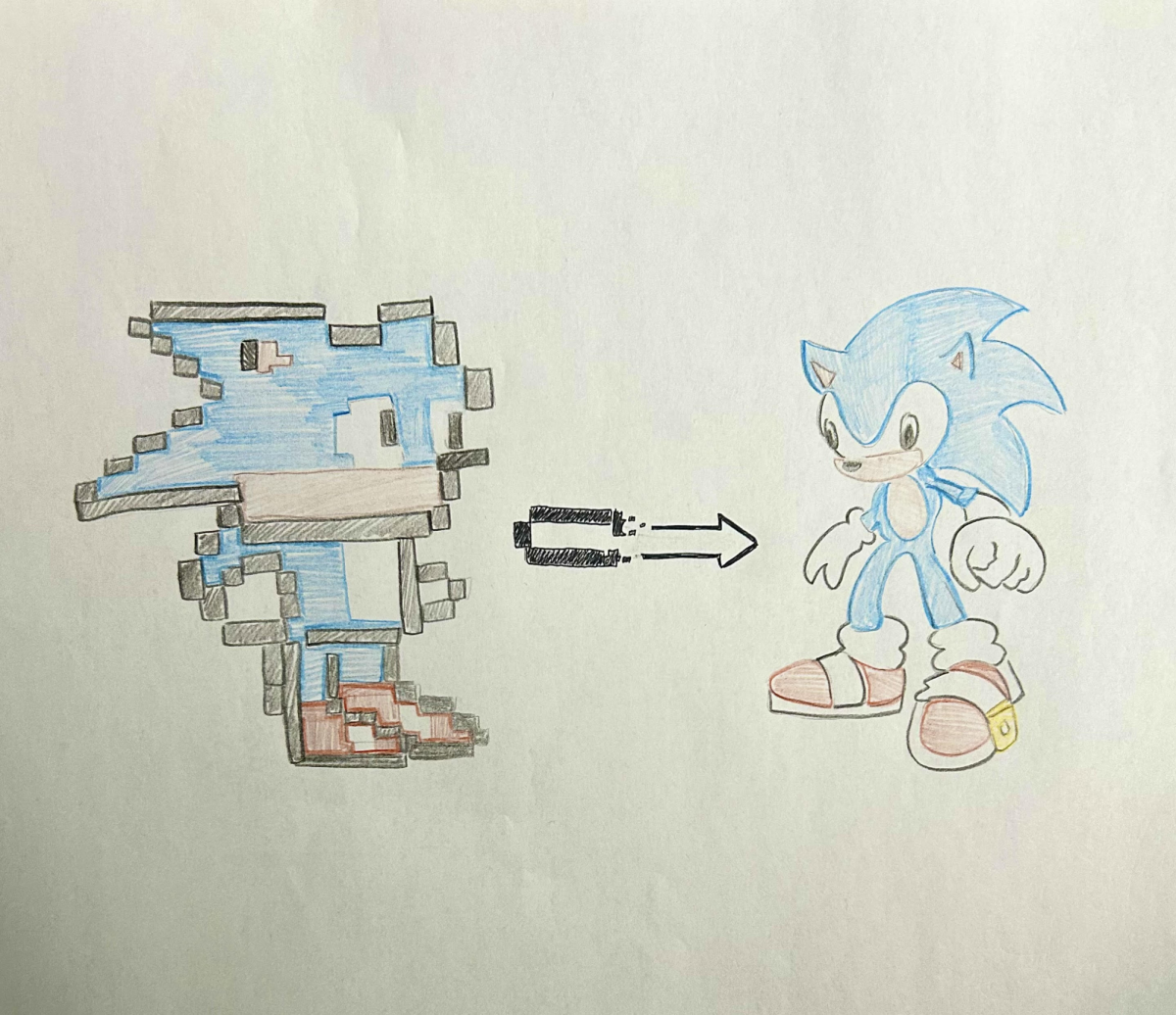How do you hold a company accountable when, for all intents and purposes, it does not exist?
This was the question that left me baffled and curious throughout many, many points in my investigation into Coolmath Games. For the uninitiated, Coolmath Games is one of the most popular and well-liked sources of browser-based video games in the world with over 12 million monthly visits. Bygone and lacking in controversy, the site has maintained a spotless reputation among those in its loop – and it makes sense. For a site this widely used, they’d catch fire at the first sign of any concerning issues – or so one might expect.
Coolmath Games is what could be affectionately referred to as “executively shy.” It could be more liberally described as “petrified at the suggestion of any hint of corporate transparency.” Quickly, ask yourself; who develops the games for Coolmath Games? Who owns the site? Is it private or public? Is it a corporation or a company? Where is it based? Under what legal name is the site registered? And just how suspicious is that kind of information being hidden?
“First, I look at the ‘About Us’ portion of a website to see what the website authors say about themselves,” Columbia Heights High School Technology Education teacher Mr. William Vann said when discussing how to identify safe websites. “Usually, sites that have nothing untoward to hide will gladly share names of their leaders, owners, funders, etc. You can usually also glean from that section of the website if they are for-profit or not-for-profit.”
On Coolmath Games’ About Us page, there is a brief history of the company and a breakdown of their different site offerings, but no names of authors, employees or even publisher information. This is the first suggestion of the site’s questionability.
In addition, there is a complete lack of visibility provided to those who have their work hosted on the site. Contrary to popular belief, Coolmath Games does not make much of their revenue off of games they have created. Rather, the site tends to procure and host games from outside developers. For example, the well-liked “Papa’s” series was developed by Flipline Studios. Other popular games are “Clicker Heroes,” which was developed by Playsaurus; “Moto X3M” and “Fireboy and Watergirl,” developed by Madpuffers; “Defly.io”, owned by Exodragon Games; “Bloons Tower Defense” from Ninja-Kiwi” (Ezra’s favorite!) and “Parking Fury” was by Andriy Pidvirnyy. The mere fact that most people who have heard of these games haven’t the foggiest clue who the people and entities behind them are is an oversight challenging to overstate.
“I have no inside knowledge on how Coolmath runs their business,” CHHS alumnus Kirk Hill (2023) said. “I do know that they were selling merch at one point — not sure if they still are.”
It is certainly unsavory and unpleasant that this is totally legal. Some older readers may remember the Machinima internet presence, a corporate social media group that would enter severely predatory legal agreements with upcoming animators, specifically to profit off of all of their work in perpetuity. Whilst certainly not as severe, it is still alarming how Coolmath Games seemingly enters into agreements to increase the visibility of small media creators and then proceeds to offer them no way to independently benefit from their work’s popularity. Be pointed to “Tower Of Destiny”, a well-liked and memorable program on the site for its addictive and memorable gameplay as well as unique structure. Odd, then, it may be, that the game does not contain a single indication of anybody associated with its creation. Be pointed, next, to “A Purrfect Catastrophe”, a game hosted on the site. The game’s page nor menu feature any indication of anybody associated with it.
Unfortunately, the following facts do not make them look any more innocent: “Coolmath Games: The Game” is a masterfully insidious meta-method of marketing. It is a simplistic point-and-click adventure game in which the player takes the role of a newfound intern working with the Coolmath Games company, where they meet four colorful characters who are supposedly the people who manage the site’s design with a mascot portraying the manager, another as the programmer, yet another as the social media manager and the final as the artist — all of whom seem to work at and for Coolmath Games. The intention here is challenging to ignore in context; there is a clear theme of pretending that the media on the site was internally developed, which is not only factually untrue but actively predatory once the origin of the game is learned.
“Coolmath Games: The Game” wasn’t even developed by Coolmath Games! It was developed by one Mr. Martin Hanses, an individual who is not employed by nor a permanent employee of Coolmath Games. Whilst contracting work is a perfectly reasonable and commonplace business practice, the decision to make a video game dedicated to subtly implying your collective is full of video game developers when the supposed team didn’t even develop the game featured on the website is a form of irony which would be comical if it weren’t so outrageous.
It is, additionally, challenging to overstate just how minimal the site is in terms of legitimate information provided to the user — it is downright unsettling. On the site’s footer, there is a reference to Constructive Media LLC, owned by Sandbox & Co. Although Sandbox & Co. does acknowledge its ownership of the site, its own parent site has the same relative amount to say as Coolmath Games itself. The inclusion of exclusively non-violent games is certainly honorable, alongside the devotion to creating an environment full of games that encourage people to think critically, but for a company bringing in as much revenue and cash as this, with this many shady-at-best practices as a legal entity, it is quite reasonable to expect significantly more transparency than this.
Coolmath Games is a low-trust, low-transparency, low-existence, low-substance legal entity funneling goodness-knows-how-much cash into its corporate gullet. When is the last success story you’ve heard of an independent developer who got popular on Coolmath Games? The video games they’ve published, sure. But nobody on the site has had a career beyond the breakout release of one little website. Not only that, but Coolmath Games makes several acquisitions a week – thousands of careers a year, the fruits of their labor plucked without any promise of visibility or growth.
If the collective wishes to associate so strongly the Coolmath Games website with their childhoods and memories, then why are they so content to leave these memories entirely divorced from the developers behind them? Why must the media so beloved be so totally and utterly severed from the devoted individuals behind them? Why must all of this hard work be erased? For the sake of money? For the sake of growth? Coolmath Games is owned by a multi-billion dollar corporation, so one must ask the question – when is enough enough, and when must Coolmath Games confront their decisions?
Coolmath Games is not Amazon. It is not Google or Microsoft, but a relatively small aspect of culture on a larger scale. It is one that is inseparably tied to many of our current youth’s formative experiences; with one another, with the media on the site and with the school. If we do not consciously enforce transparency and communication, and above all else the moral treatment of our constituency, then our beloved experiences are monolithic yet flickering memories of a bygone era.
Note: The developers referenced within this story, Coolmath Games support, Sandbox Learning, the company that used to own Coolmath Games, and SBX Media.










